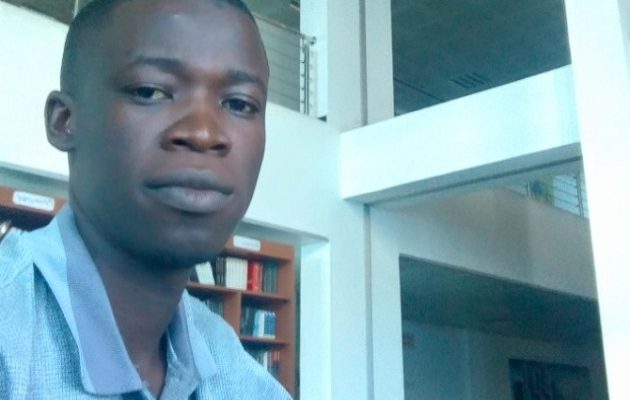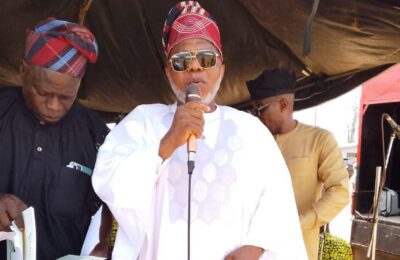In the words of Irene Yuan Sun, “Institutions are like muscles; if they are not used, they die.” Similarly, an ocean’s strength depends on its tributaries. Unfortunately, corruption has become a natural issue in Nigerian society. The country’s political landscape is marred by institutional weaknesses and blatant displays of corruption. Even so, the issue of corruption and institutionalised weakness is not only limited to the political sphere.
It’s disheartening that weak institutions and corruption have become entrenched in our society. As a portray of the above, during the recent Children’s Day celebration at Winners Chapel in Abeokuta, Ogun State, I had the privilege of listening to the children talk about various topics, including bullying. One child aptly pointed out that bullying isn’t limited to schools or workplaces; it can also occur in homes, where parents bully their children.
Why does bullying persist despite its negative consequences? The answer lies in weak institutions. There’s really no one to check the excesses of parents? When institutions are weak, corruption sprouts easily. Of course, there are by far more harrowing real stories of how certain individuals have abused the law simply because they could get away with such. This toxic cycle has become a persistent problem in Nigeria. Weak institutions enable politicians as well as others to disregard lawful processes with impunity. While ordinary citizens are made to face the full wrath of the law and sometimes even beyond, the case is different with some other Nigerians.
In recently and widely circulated case in the UK which touches on the issue of age of consent, a 35-year-old Nigerian man was convicted and sentenced to imprisonment for having sexual relationship girl below the age of 18. The man claimed that such relationships were acceptable in Nigeria-an unfounded claim. The Child’s Rights Act of 2003 clearly sets the age of consent at 18.
The man’s defense raises questions about the inconsistencies in Nigeria’s institutions, particularly for those responsible for protecting children’s rights. The issue extends beyond child rights; it affects various aspects of Nigerian society. To address these problems, we need to strengthen our institutions. I suppose that it is not impossible to do so?
About strengthening institutions, it is not the prerogative of the government alone. The people’s voice also matter. Everyone must be willing to uphold that which is lawful. Recall that the likes of Mr. Dele Farotimi, @Raye and many more would have been consumed by constitutional lapses but for the people, the law won.
– Olayinka Kayode writes from Osborne, Lagos.




